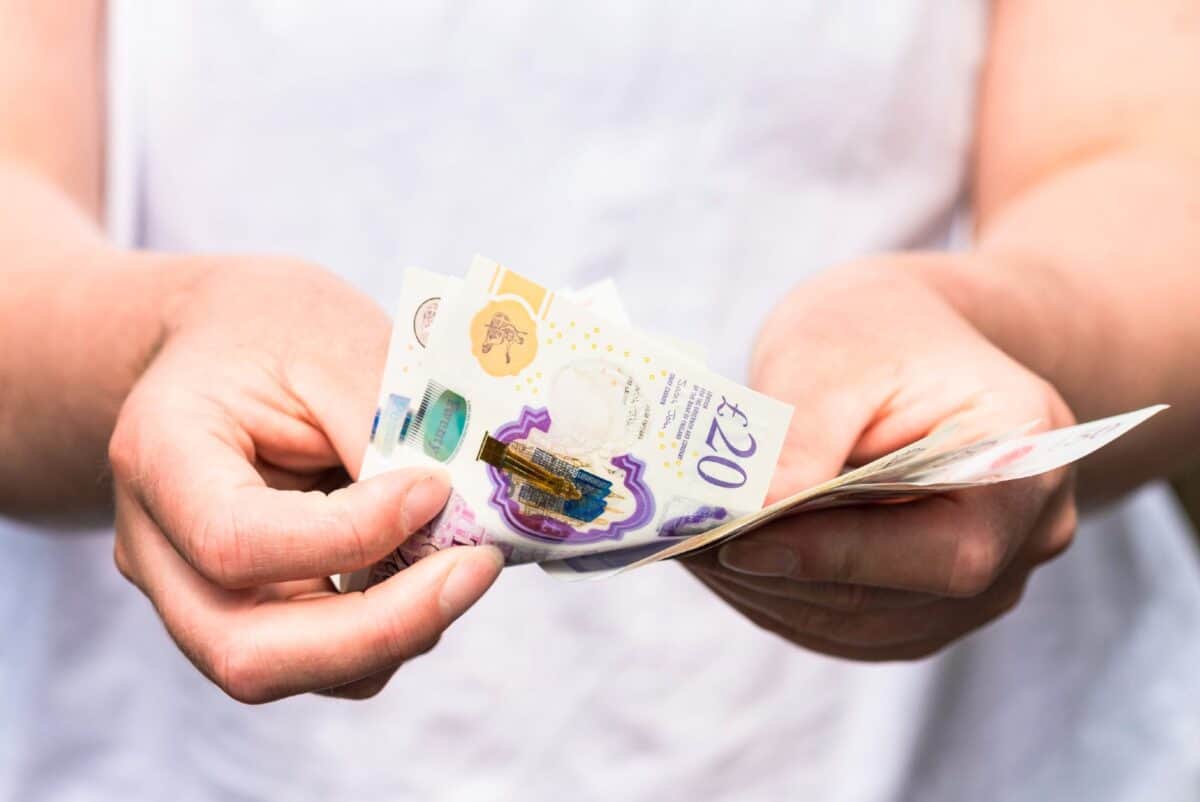Image source: Getty Images
BT Group (LSE:BT.A) shares have long been popular for investors seeking passive income. The telecoms titan has a great track record of paying above-average dividends.
But BT’s share price has collapsed in 2022 as concerned investors have sold up. It’s fallen in part as worries over the UK economy have grown.
This descent leaves the FTSE 100 stock looking extremely cheap on paper. For this fiscal year (to March 2023) BT shares trade on a forward price-to-earnings (P/E) ratio of 5.3 times.
I’m a value investor and this rock-bottom reading has grabbed my attention. And as someone who’s prioritised dividend investing too, I’m particularly attracted to its huge dividend yields.
These sit at 7% for the next two financial years, well above the FTSE index average of 3.7%.
So should I buy BT shares to boost my passive income?
Bright forecasts
BT lost some of its allure as an income stock during the pandemic. First it axed the final dividend for fiscal 2020, resulting in a drop in the full-year reward. And pressured by its costly fibre rollout programme, it didn’t pay a penny in dividends the year after.
However, it got things back on the right track with a 7.7p per share dividend last year. And City analysts are expecting full-year payouts of around 7.8p this year and next.
As a result, the shares carry that huge 7% dividend yield through to the end of financial 2024. Encouragingly these payouts are well covered by anticipated earnings too. Dividend coverage ranges between 2.4 times and 2.7 times for the next two years.
A reading of two times and above provides a wide margin of safety for investors.
Dividends in danger?
But does this mean BT shares are a slam dunk buy right now? Well I’m not so sure.
I’m worried about profits falling well short of forecasts as the economy declines and competition in its markets heats up. I’m also mindful of high costs as it invests in the fibre and 5G rollout, and what this means for its already-battered balance sheet.
BT’s net debt jumped more than £800m in the six months to September. It now sits above £19bn.
Risky business
This raises the question over how long it will be able to continue paying market-beating dividends. That’s especially the case given the huge amounts of money the company’s ambitious investment programme requires.
BT plans to spend £5bn this year and £4.8bn for several years thereafter. This might even be higher depending on future inflation.
On the plus side, BT has decided to accelerate its cost reduction plan. But this is largely unimportant, in my view, considering the range of other problems it faces.
Some dangers — like the rising competition to its Openreach infrastructure division and other operations — threaten to worsen significantly over the long term too.
BT’s shares are cheap. But they’re cheap because of the high risks the firm poses to investors. Right now I’d rather buy other dividend stocks for passive income.
Credit: Source link














